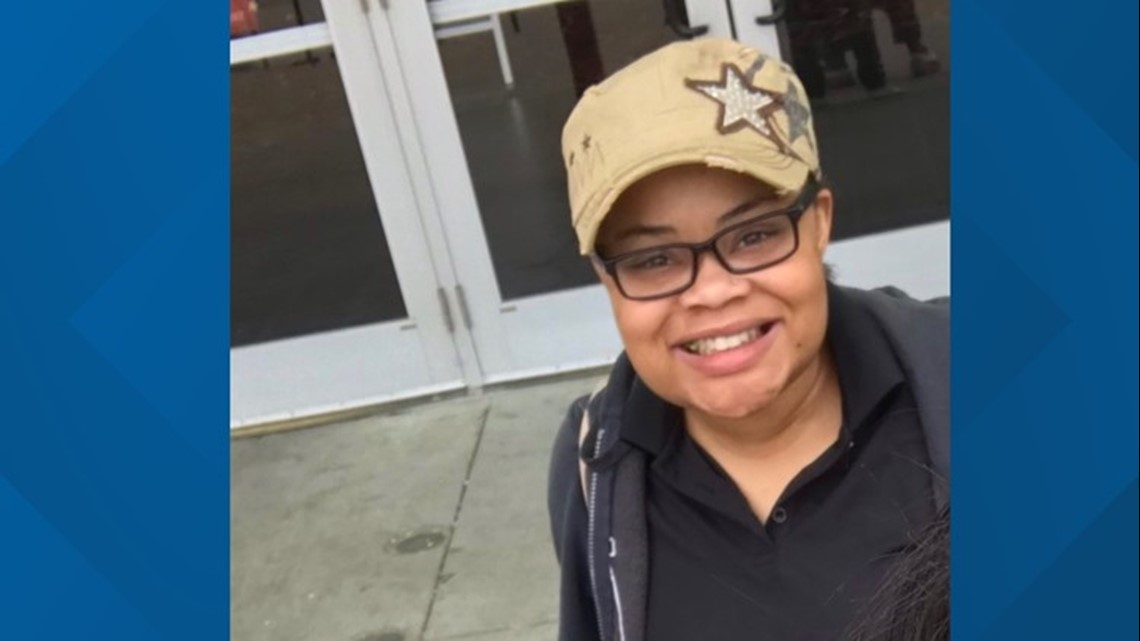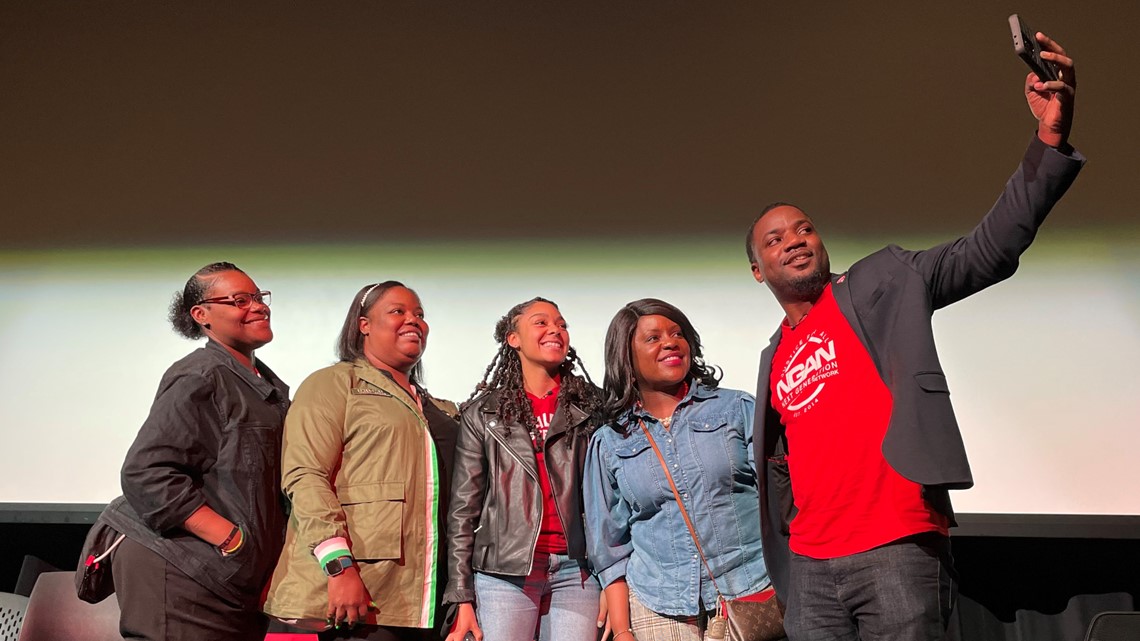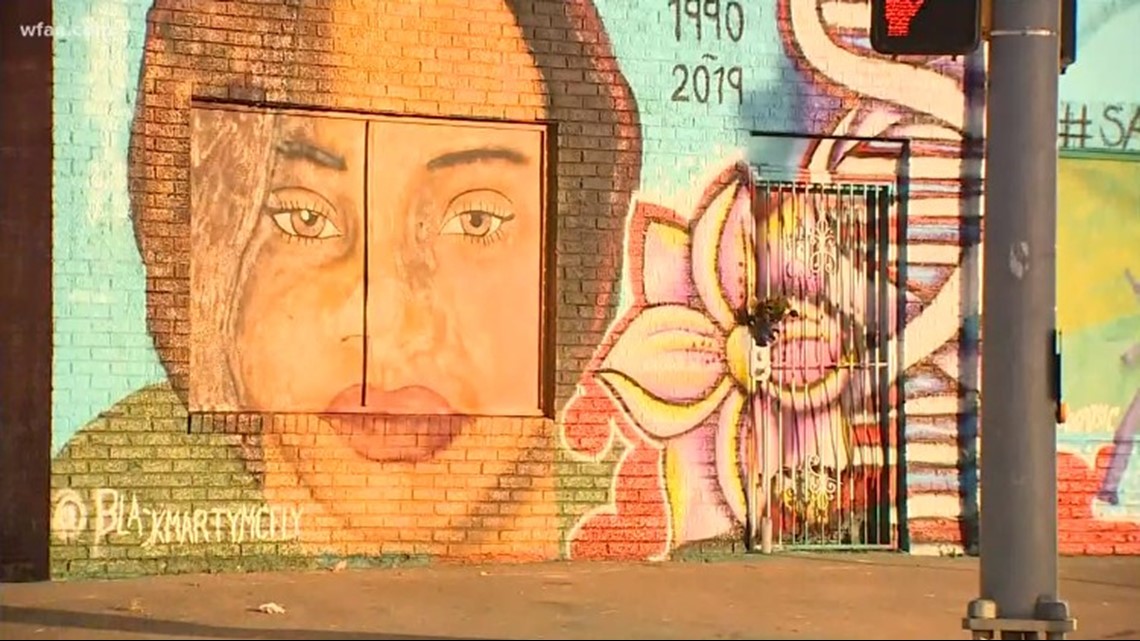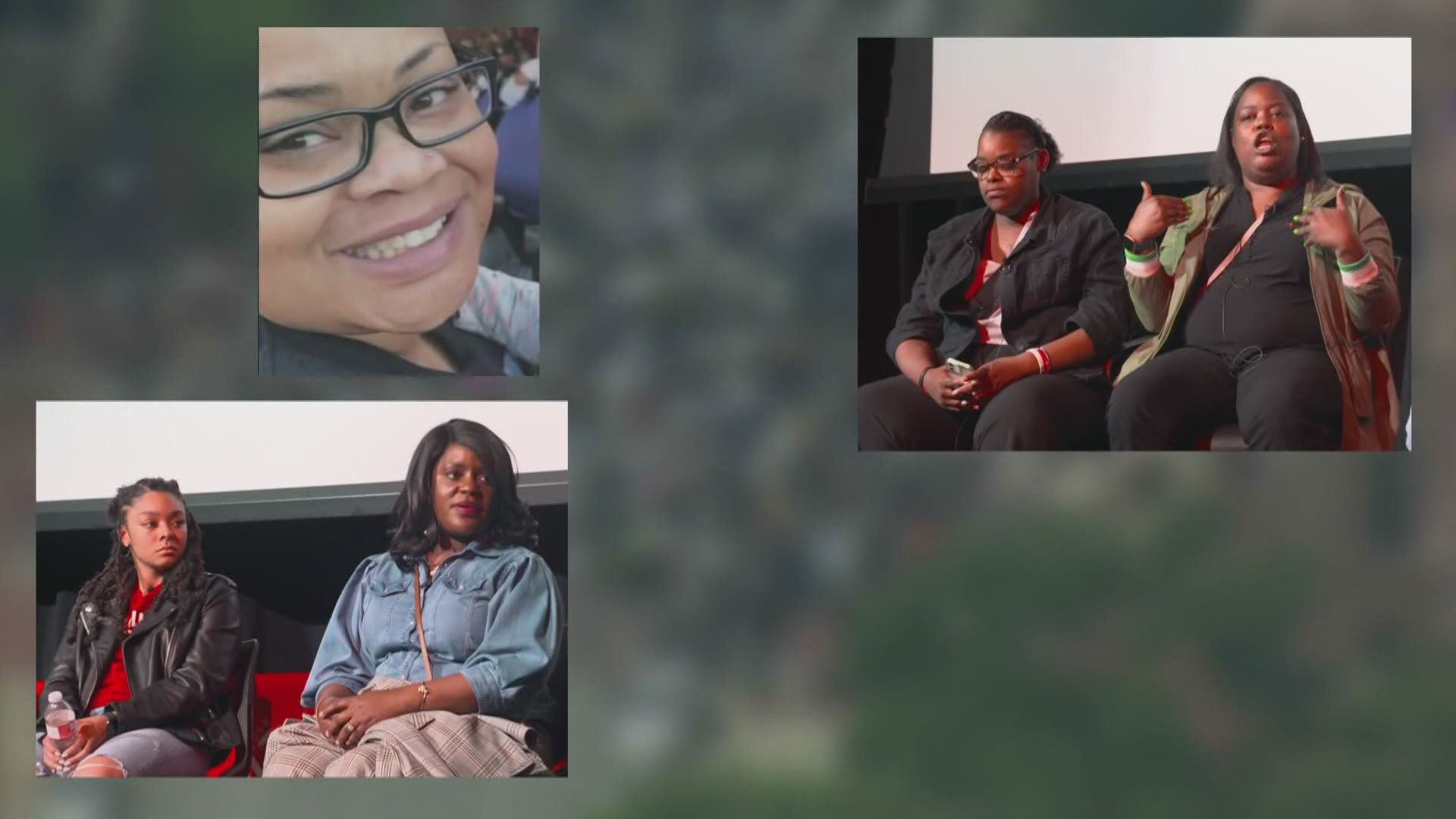DALLAS — People often say 2020 was the year that changed the world.
“Personally, I will always say I feel stuck in 2019,” said Ashley Carr.
A Fort Worth police officer shot and killed Carr’s sister, Atatiana Jefferson, on October 12, 2019.
Jefferson had been playing video games at home with her nephew.
Her front door was ajar.
A neighbor who said he was concerned about the open door called the non-emergency number for Fort Worth police.
Officer Aaron Dean responded.
Police say Jefferson heard Dean on her property and grabbed her gun for protection.
They say Dean did not identify himself as an officer and within seconds of seeing Jefferson through a window, he shot and killed her.


Community rallies, marches and protests followed Jefferson’s death.
Seven months later, George Floyd’s death sparked outrage across the world.
“There are several, several more hashtags after my sister,” Ashley said. “Every time you hear a new name, you think of your loved one. That wound opens back up.”
Ashley and Amber Carr said they were always in awe of their baby sister.
“She was just so smart,” Amber said.
Ashley called Jefferson unstoppable.
RELATED: Fort Worth City Council votes to rename stretch of road Atatiana Jefferson Memorial Parkway
She had earned a bachelor’s degree in biology from Xavier University in New Orleans and planned to go to medical school.
“There was nothing you could put in front of her to stop her. Literally, that bullet is what stopped her,” Ashley said.
Since Floyd’s death, the Carr sisters have formed friendships with other siblings who’ve lost loved ones at the hands of police.
“It’s like being part of a society, or a fraternity or sorority,” Amber said, “but it’s not an honor to be a part of it.”
The two sisters joined other women on a panel organized by the Next Generation Action Network in Dallas the night before the one-year anniversary of Floyd’s death.


The panel also included Tiffany Crutcher, whose brother Terrence was killed by police in Tulsa in 2016, and Nesa Rose, whose brother McHale Rose was killed by police in Indianapolis in 2020.
All four women described the last 12 months as triggering and traumatic, especially as they watched former Minneapolis police officer Derek Chauvin convicted of murder in Floyd's death.
It was also painful to see momentum building for reform, then seeing few results.
“Not one policy has changed since my twin brother was killed,” Crutcher said.
She’s traveled to the nation’s capital to push for the George Floyd Act, saying the only way policing culture will change is if laws change, too.
“There are laws in place that shield police officers when they violate the civil rights of black and brown people,” she said.


Dean resigned and was indicted on a murder charge.
The case has been delayed in court, but a Tarrant County judge recently set a tentative trial date for August - almost two years after Jefferson’s death.
While they waited, the Carr sisters launched The Atatiana Project - an effort to expose kids in the Fort Worth neighborhood where Jefferson was killed to science, technology, engineering and math.
Ashley said they grew up in a chaotic family and had been working as adults to “build normal lives.”
Now the only thing normal is grief, but she's hopeful that time will bring meaningful change.
“Everybody awakens at their own time and we have to show grace to people,” Ashley said.
“It’s just like with anything you learn. Everybody doesn’t learn it at the same time. But when they learn it, they’re ready to roll with it and go with it. So that’s how we choose to look at it.”

